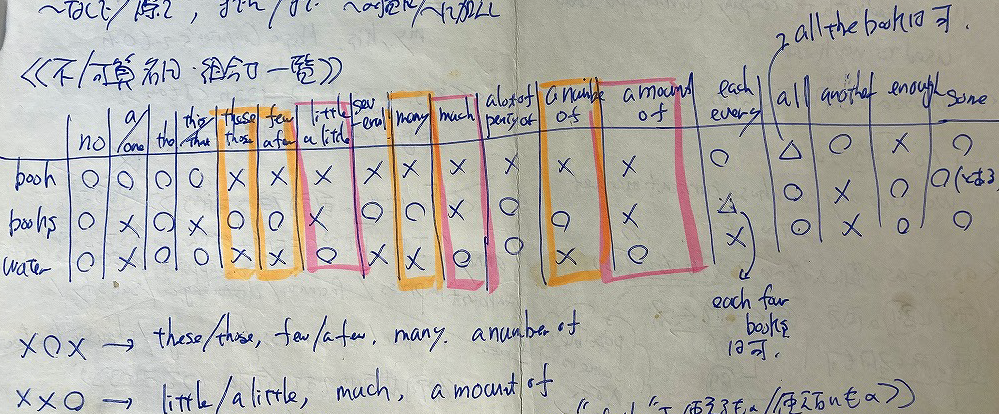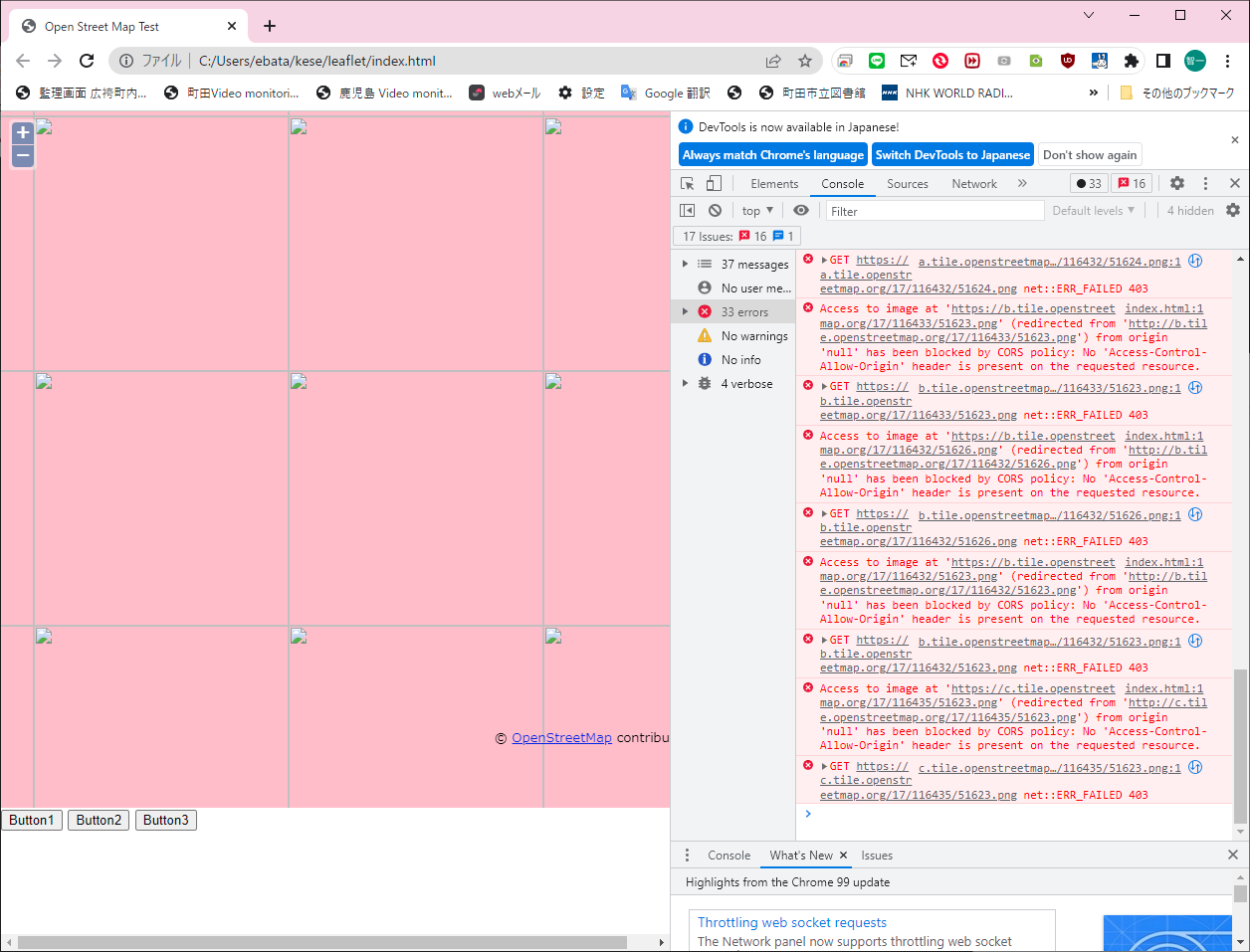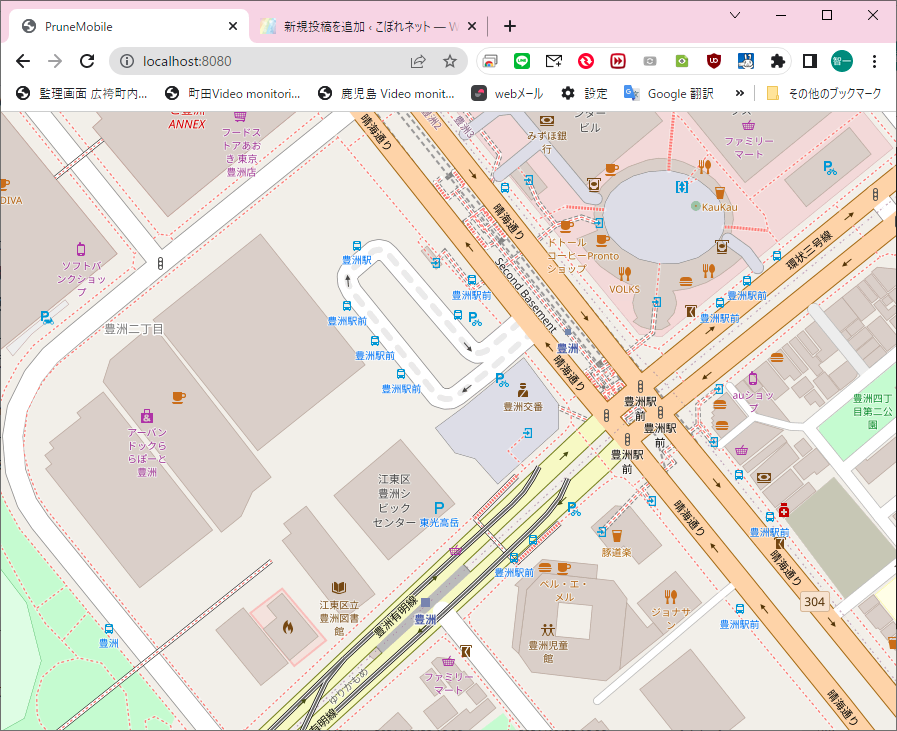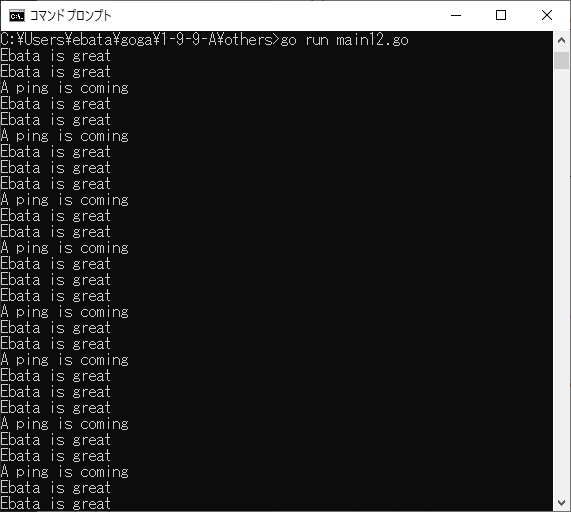私、選挙が終った後には、各候補者の投票数を確認することにしています。
After national election, I always check the voting count of each candidate in my election area.
今、東京選挙区の投票数を見ています。
Now I am checking about Tokyo election area.
今回の、最下位の候補者は1913票のようでした。
This time, the lowest ranked candidate seemed to get 1913 votes.
もし私が立候補しても、多分2桁もいかないと思うので、これはこれで立派な成果だと思います。
If I were running for office, the vote could would probably not even reach double digits. So I think they can boast about their results.
-----
ただ、参院選(選挙区)の供託金300万円は、当然に没収されています。
However, the deposit of three million yen for the Upper House(e.g. Tokyo area) has naturally be confiscated.
有効投票総数と議員定数(注2)の商の8分の1が、返金の要件になります。
The refund condition is to get vote numbers more than the total number of valid votes, divided by the number of seats available, and divided by 8.
今回の場合、有効投票数647万7702票ですので、これを議員定数6で割り、さらに8で割ると、13万4952票となります。
In this case, the valid votes was 6,477,702, so dividing by 6, and by 8, the number of votes cast was 134,952.
今回、東京選挙区で、300万円を没収される人は、24人です(立候補者の68%が没収)
This time, in the Tokyo electoral district, there are 24 people who will forfeit 3 million yen (68% of the candidates).
まあ、参議院選挙のコストを、候補者一人あたりに換算すると約4億円になるそうですので、この供託金の没収は、経費回収ではなく、「立候補(被選挙権)の濫用防止」であることは明らかです。
I heard that the cost for one candidate is almost 400,000,000 yen in the Upper House election, so It is clear that the forfeiture of this deposit is not to recover expenses, but to "prevent abuse of candidacy (suffrage).
30万円では、濫用を防止できないでしょうし、3000万円では、立候補者が富裕層だけになります。
300,000 yen would not prevent abuse, and with 30 million yen, the candidates would be only the wealthy.
この300万円というのは、なかなか微妙な値付けと言えるでしょう。
This 3 million yen is a very sensitive price.
-----
『なんで、300万円をドブに捨てるようなことをするんだろう』と思う人もいるかもしれませんが、これ、実は「凄く美味しい」のです。
You might think that "why do they throw their money into the trash?", however, let think it again This is very cost-performance choice.
まず、政権放送に出られます。選挙公報の紙面にエリアを貰えます(新聞だったら、数百万から数千万円くらい?)
They can be on TV(broadcasting of political views) and get a space of election gazette(that might be more than a few million yen, on news paper).
そこで、自分の思うことを、好きないように語り、記載することができます。
They can speak what they want to say on the TV, and write what they want to write on the gazette.
これ、選挙のシステムを使わなければ、一生実現できないことです。
If they were not to use this election system, they might not realize that on their life.
サラリーマンが、一生で、飲み会で、どれだけお金を落とすか知りませんが、300万円くらいで、自分の話を東京都民に聞かせることができるのであれば、格安と言えます。
I don't know how much a business person spend money for drinking party for their life, however, if they can get a chance to broadcast their policies to people in district, the 3 million yen might be extremely cheap.
飲み会で、『"昔の武勇伝"ハラスメント』を語って、部下に嫌われるよりも、双方にとってWin-Winな選択と言えるでしょう。
It is a win-win choice for both a boss and subordinates rather than telling "old brave story" harassments at drinking party and be hated by them.
シニアの『"昔の武勇伝"ハラスメント』を叩き壊すのに、十分な、脅威(恐怖)だっただろうと思います。
-----
あ、これいいな。
Let me think it again.
『"昔の武勇伝"ハラスメント』を語る上司を、おだてて選挙に出馬させましょう。
Why not make your boss run for office, with tales of "old brave story" harassment ?
上司は、飲み会とは比較にならないような大衆に対して、"昔の武勇伝"を語れますし、
Your boss can "old brave story" to the masses, compared to a drinking party.
部下は、選挙に惨敗した上司を、嘲笑うことができて ―― Win-Winです。
The subordinates can sneer at their bosses for losing the election so miserably, It is a win-win.
また、法律上も問題はありません(公務員の場合は、退職しないと立候補できないようですが)。
There is no problem legal problem, if your boss is not a government employee.
-----
あー、でも、選挙ボランティアをやらされるリスクはあるから、一概にWin-Winとは言えないかもしれません
However, you might have a risk to be forced to volunteer for election. In the case, the "win-win" will be destroyed easily.





